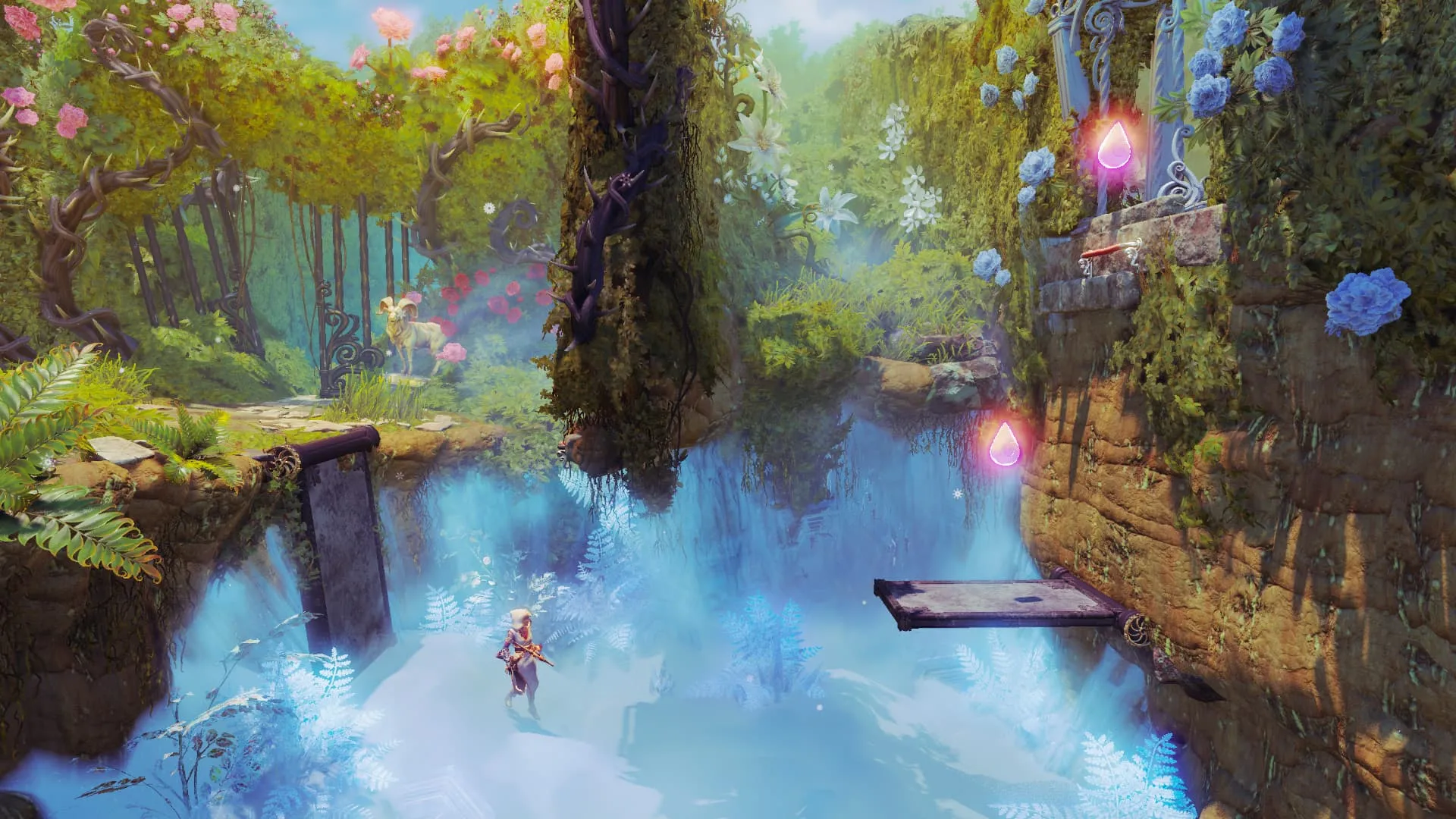
Trine 4: The Nightmare Prince Review: A Return to Form
Trine 4: The Nightmare Prince marks a return to the series’ 2.5D roots after the misstep of Trine 3: The Artifacts of Power. The third installment stripped away many familiar elements, drastically reducing character skill sets and removing the skill tree, leaving characters feeling stagnant throughout the game. It also implemented a frustrating “triangle” collection system that forced replaying levels, turning exploration into a chore. The shift to 3D, while novel, introduced control and camera issues, ultimately contributing to the game’s downfall. Trine 4 carries the weight of expectation, tasked with reclaiming the series’ magic. Does it succeed? Let’s delve in.
Breathtaking Visuals
Returning to the beloved 2.5D perspective, Trine 4: The Nightmare Prince showcases the series’ visual strengths. Like its 2.5D predecessors, the game is a visual feast. Every moment is filled with vibrant, richly detailed backgrounds, each frame a potential desktop wallpaper.
 Trine 4
Trine 4
Each level transports players to distinct and captivating worlds, from dreamlike castles and lush forests to dark, foreboding underworlds.
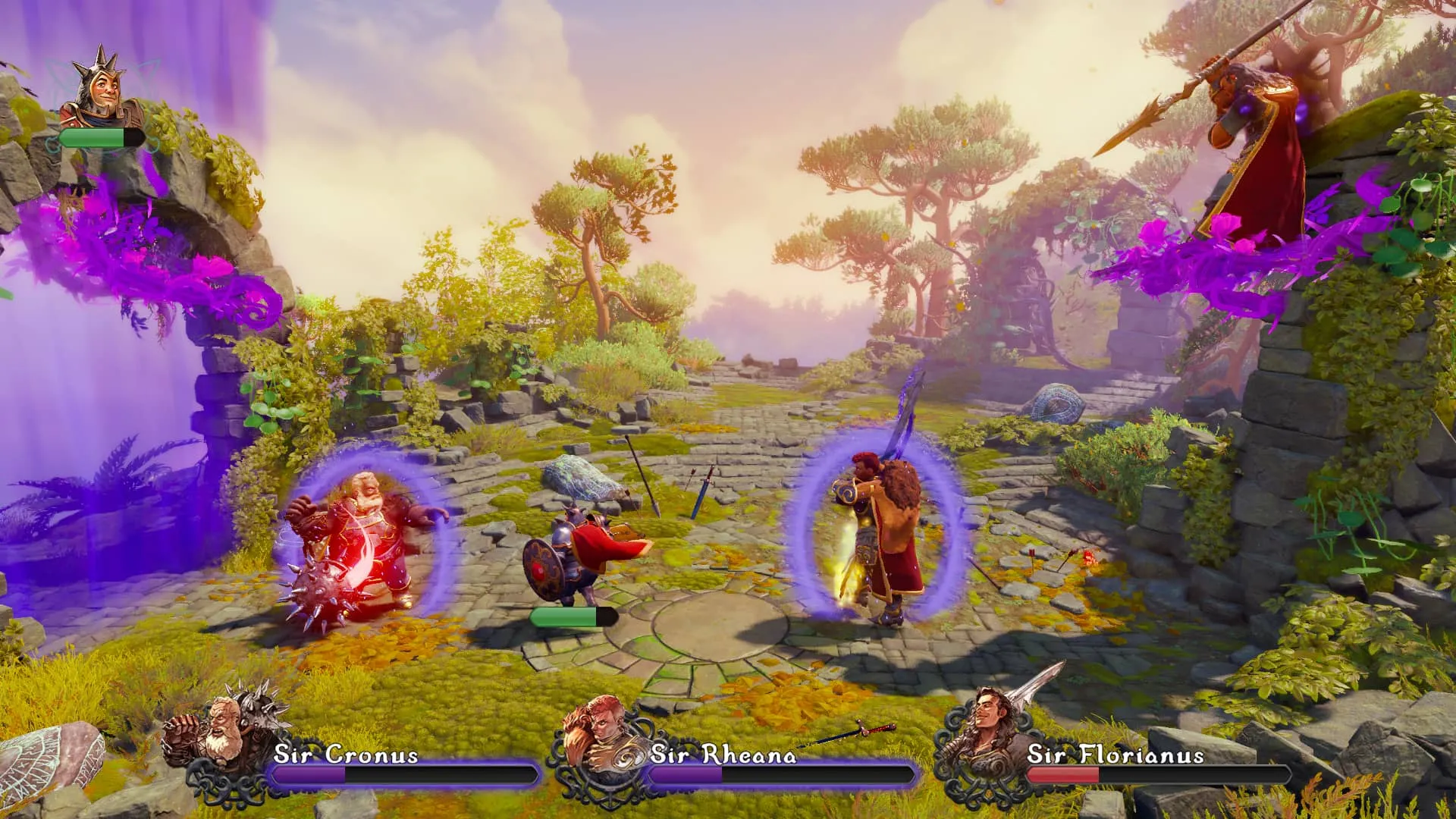 Trine 4: The Nightmare Prince
Trine 4: The Nightmare Prince
 Trine 4: The Nightmare Prince
Trine 4: The Nightmare Prince
 Trine 4: The Nightmare Prince
Trine 4: The Nightmare Prince
Words can’t fully capture the game’s beauty; it’s something to be experienced firsthand.
 Trine 4: The Nightmare Prince
Trine 4: The Nightmare Prince
Visuals have always been a hallmark of the Trine series, and Trine 4: The Nightmare Prince delivers spectacularly.
 Trine 4: The Nightmare Prince
Trine 4: The Nightmare Prince
Engaging Puzzles
Another defining feature of the Trine series is its puzzles, and Trine 4 makes solving them a joy. Each level presents a series of challenges requiring clever use of Zoya, Amadeus, and Pontius’s abilities.
 Trine 4: The Nightmare Prince
Trine 4: The Nightmare Prince
Zoya excels at connecting objects with ropes and firing elemental arrows. Amadeus conjures objects for platforming, and Pontius manipulates light and water with his shield. The seamless character switching allows for dynamic puzzle solutions, often exceeding the developers’ intended methods. This freedom encourages experimentation and provides a sense of ingenuity.
 Trine 4: The Nightmare Prince
Trine 4: The Nightmare Prince
 Trine 4: The Nightmare Prince
Trine 4: The Nightmare Prince
The Biggest Trine Yet
Frozenbyte has clearly learned from Trine 3’s shortcomings, offering a more substantial experience. The return of the skill tree allows characters to progress and unlock new abilities. Addressing the previous game’s brevity, Trine 4 provides a robust 12-14 hours of gameplay, with each level averaging around 45 minutes. Collectibles and secrets further extend replayability. Interestingly, the game’s story stands alone, seemingly ignoring the cliffhanger ending of Trine 3.
 Trine 4
Trine 4
 Trine 4
Trine 4
Tedious Combat
Combat has never been Trine’s forte, and Trine 4 unfortunately continues this trend. Encounters are largely relegated to designated areas and feel disjointed from the core gameplay. The limited enemy variety and repetitive nature make combat a chore. Zoya’s ice arrows offer the easiest approach, freezing enemies and allowing for effortless victories. Pontius’s melee combat requires risky close-quarters engagement, while Amadeus relies on conjured objects for indirect attacks. Boss battles, while slightly more engaging, don’t elevate the overall combat experience.
 Trine 4: The Nightmare Prince
Trine 4: The Nightmare Prince
 Trine 4: The Nightmare Prince
Trine 4: The Nightmare Prince
Conclusion
Trine 4: The Nightmare Prince is a triumphant return to form, delivering a visually stunning and engaging puzzle-platforming experience. While the combat remains a weakness, the game’s strengths far outweigh its shortcomings. With its breathtaking visuals, clever puzzles, and substantial length, Trine 4 is a must-play for fans of the series and newcomers alike.
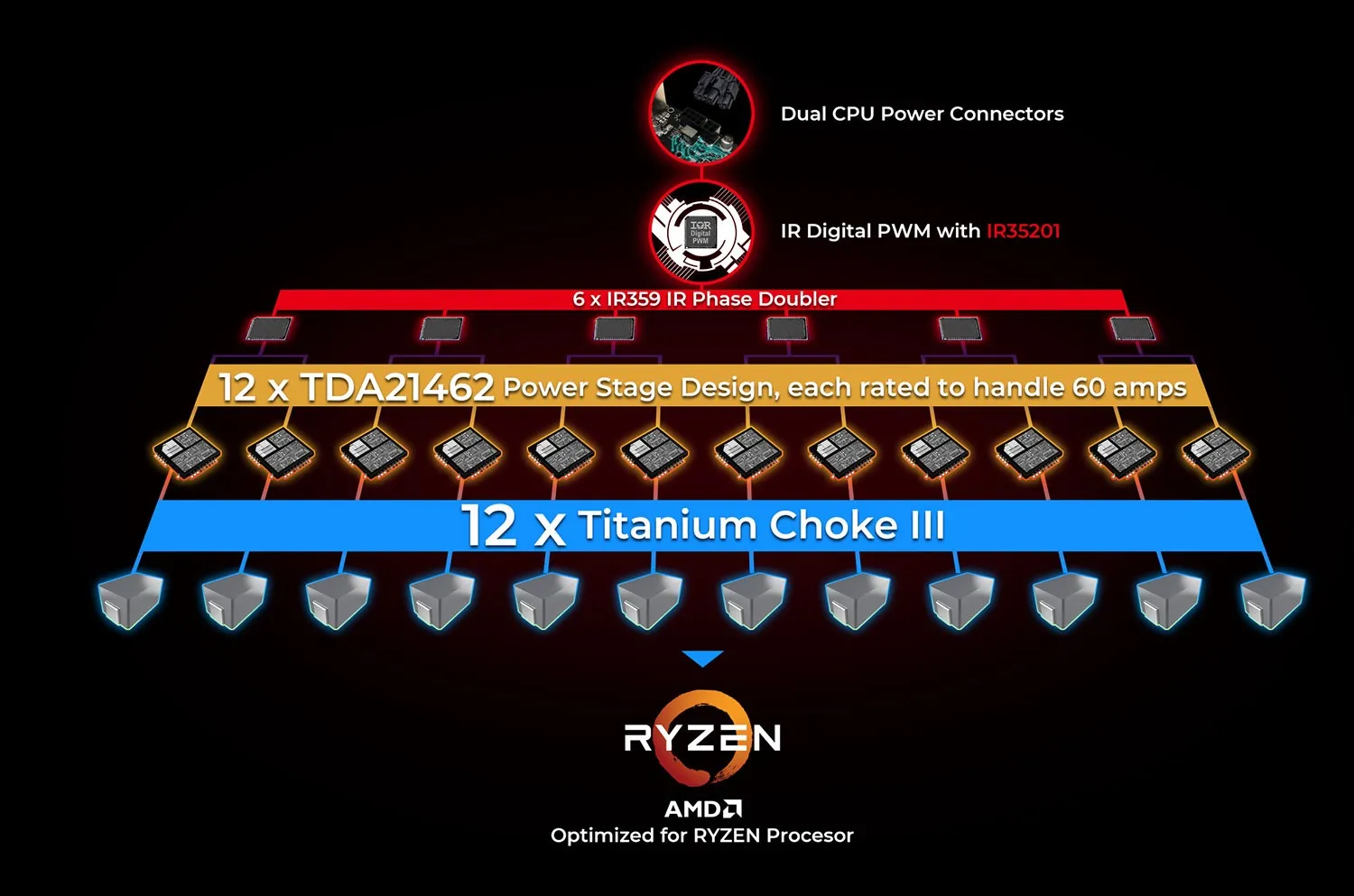
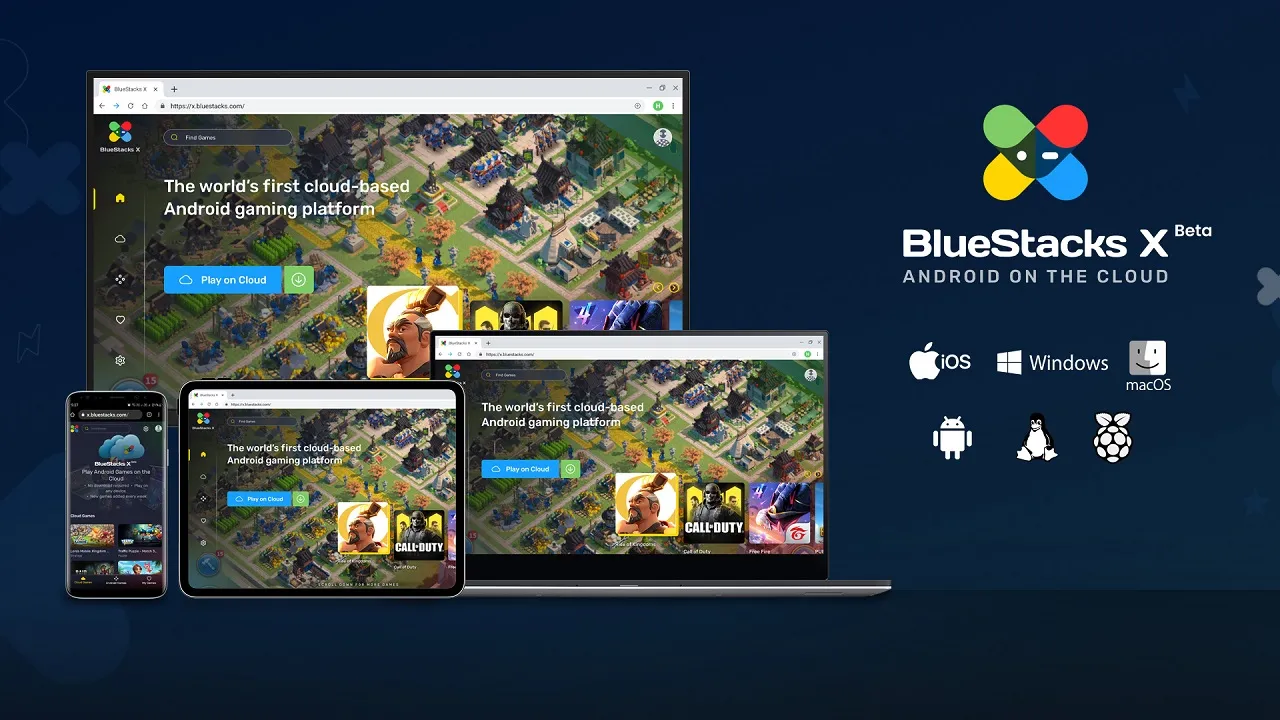
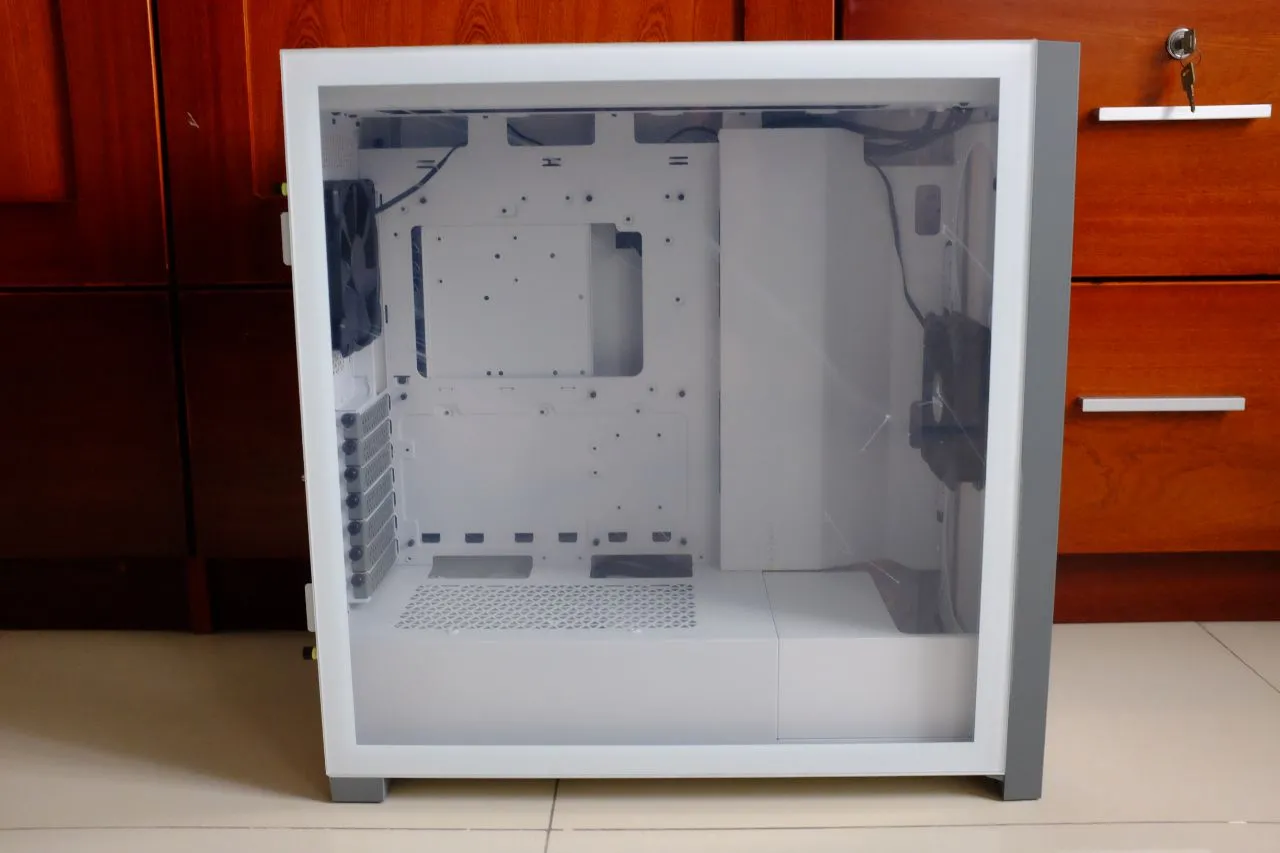
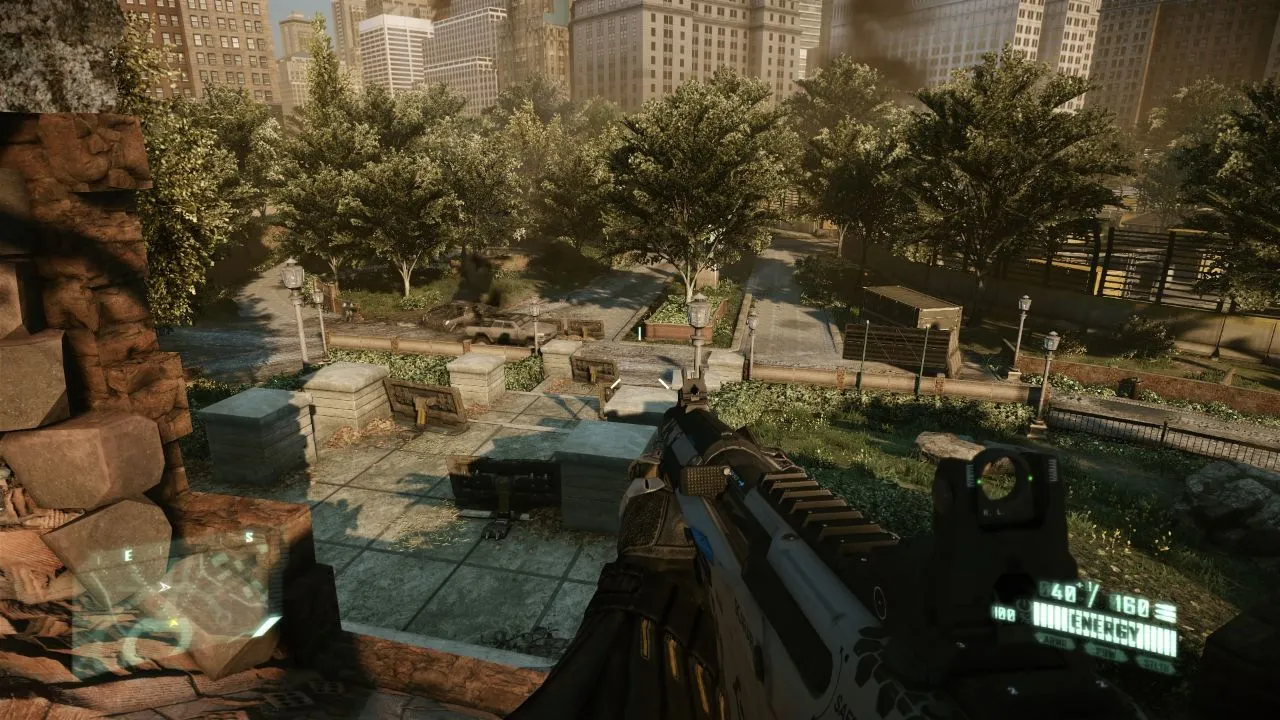
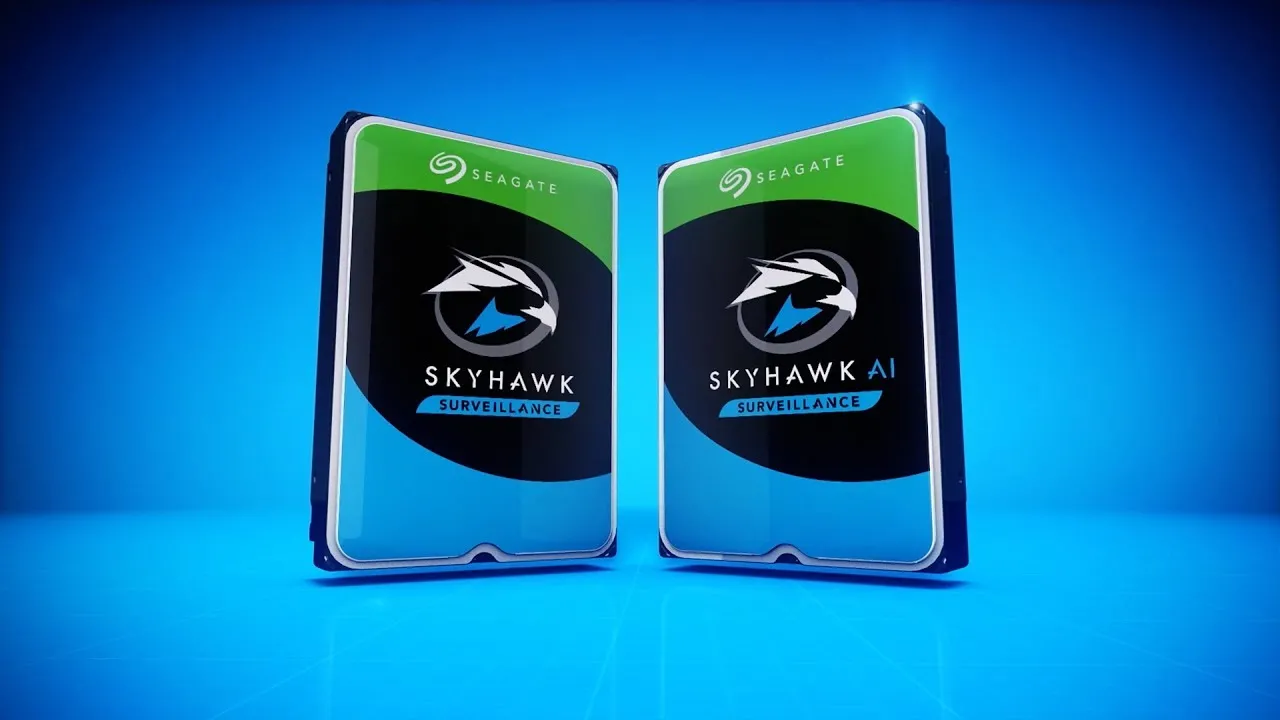
Comments (0)